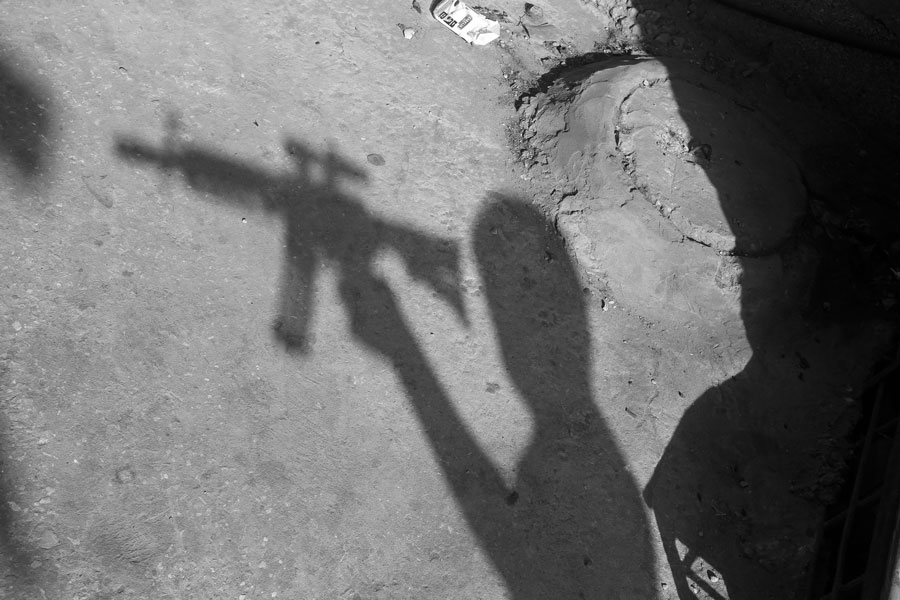Stop Backsliding on Use of Child Soldiers

By: Jo Becker
From: hrw
When I joined Human Rights Watch more than two decades ago, I quickly became involved with a global campaign to stop the use of child soldiers. Today marks 20 years since one of the campaign’s key accomplishments – the adoption of the United Nations treaty banning the use of child soldiers. Since then, 170 countries have ratified the treaty, agreeing not to use children under the age of 18 in direct hostilities and to criminalize the recruitment and use of children by non-state armed groups.
Because of the treaty, governments – including the United States and United Kingdom, which used 17-year-olds in combat – have changed their deployment practices. More than 140,000 child soldiers have been released or demobilized. At least a dozen governments and armed groups have fulfilled formal agreements with the UN to end their use of child soldiers, including Chad, Cote d’Ivoire, Sudan, and Uganda. Commanders who once recruited children with impunity have been convicted of war crimes and received long sentences.
Until fairly recently, the progress seemed to be steady and positive. But in the past few years, we’ve seen that progress erode, with worrying surges of child recruitment in countries such as the Central African Republic, the Democratic Republic of Congo, Iraq, Nigeria, Somalia, and Syria. As governments battle armed groups, they have increasingly imprisoned, tortured, and prosecuted former child soldiers, rather than provide them with rehabilitation and reintegration, as the treaty requires.
Instead of celebration, this anniversary calls for us to do more: to investigate and prosecute commanders who recruit underage children, cut off support for the forces and groups that exploit children, negotiate more action plans to end the use of children in war, and to ensure that former child soldiers get the rehabilitation and support they need.
Related Posts
4 actions to help end child labour and build a fair economy
Child labour is not just a historical problem but also an ongoing one. It is still depriving children of their childhoods, limiting their access to education, shortening their life expectancy, and perpetuating poverty….
November 24, 2022Life a ‘waking nightmare’ for 12 million children in Yemen
“Over 80 per cent of people require urgent humanitarian assistance and protection. Including 12 million children, whose lives are a waking nightmare….
December 12, 2020


